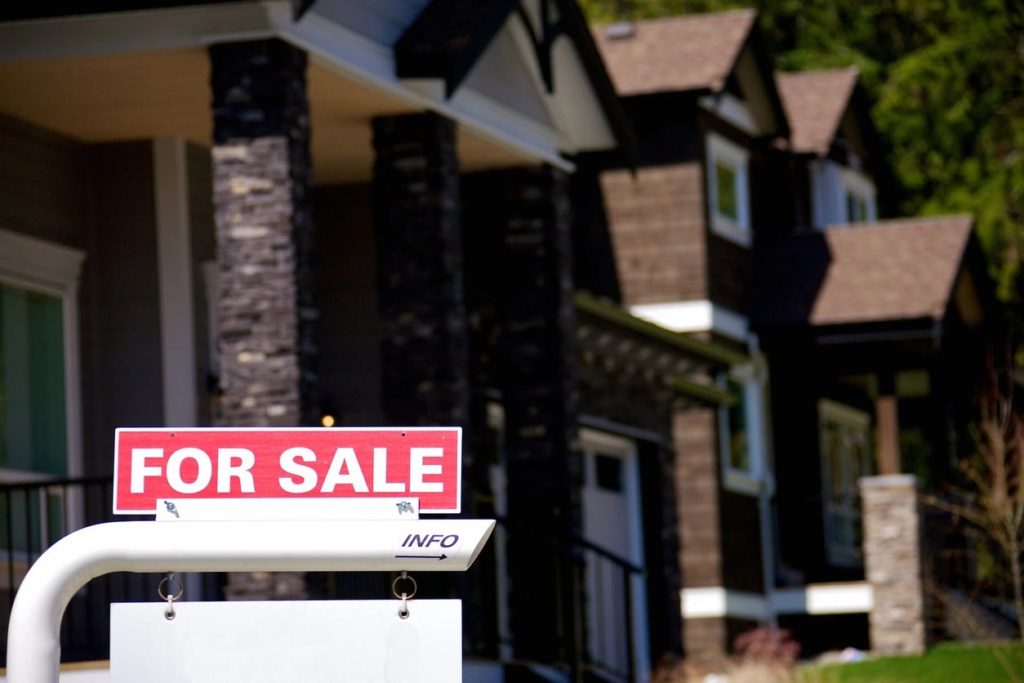
Just because you read something on the internet does not mean it is true. Real estate myths are all too common, however, they can be “debunked” with a proper explanation. Most people only deal in buying or selling real estate only once or twice in their lives. Because of this, myths about the real estate industry abound, causing confusion among new buyers and misconceptions about real estate
Set your home price higher than what you expect to get: As a seller, giving your property a price tag that is higher than the prevailing market price may reduce your chances of getting a good deal for your property. Homebuyers and agents usually do not consider homes that are priced beyond market value. Also, you might consider pulling down the price if you are not able to attract offers in the first few weeks of listing your property for sale. Also, buyers and Realtors often get suspicious about properties that have been on the market for too long.
Experienced agents are always the best ones: It is true that longevity and experience in the real estate business can be some of the indicators of an agent’s competence, but these can certainly not be the sole indicators. Among the essential and imperative traits of a credible real estate advisor are honesty, initiative, listening skills, availability and, most importantly, negotiation skills. Both buyers and sellers look for these qualities in their advisors, rather than the duration of their career.
If buyers don’t like the exterior, they will never consider going inside: It may be true in some cases, especially if the buyer is in a hurry to spot just the right property. But in most cases, buyers are out to get properties that work best for them on multiple counts. If the rest of the features of the house are exceptionally good, they might like to ignore the flaws in exteriors. For instance, even if the exterior is not very appealing, the property might have its desired amenities and features like a great layout, a specific number of bedrooms and bathrooms, a portico, or a backyard. In such cases, the buyer could consider making the purchase and revamping the exteriors later.
Going ‘for sale by the owner’ is the best option: You as a home buyer can choose the route you want to take for finding the right property for yourself. The choice is between hiring an advisor who understands your requirements and takes you on a tour of several selected homes that are relevant. Alternatively, you could access online real estate portals, go through newspaper listings, or speak to people you know are selling their properties, and then go out on your own.
Agents say and do anything to close a deal: It is a common belief that real estate advisors say and do anything to complete a sale, only to pocket their commission. Though there might be a few aberrations, real estate advisors with a professional approach are ethical people who dutifully toil to get you the best deal. Every agent has different skills, different experience levels, and different traits.

 See Our National Coverage Map
See Our National Coverage Map






